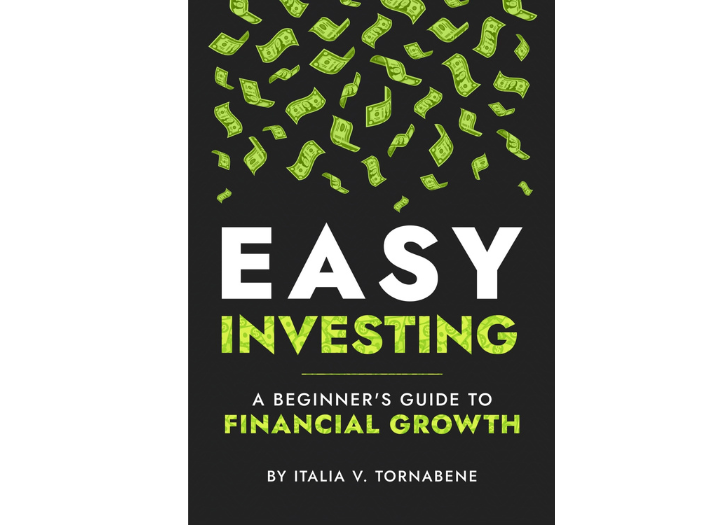Budgeting, often perceived as a daunting task, is actually a powerful tool in the arsenal of personal finance. It’s not just about tracking income and expenses but about gaining insight and control over your financial situation, leading to a more secure future. Let’s explore the essentials of creating and sticking to an adequate budget, transforming how you manage your money.
Understanding the Role of Budgeting: A budget acts as a financial roadmap, guiding your spending decisions, helping you save for emergencies, and working towards your long-term goals. By incorporating budgeting into your financial routine, you invite control and tranquility into your economic life.
Assessing Income and Expenses:
The first step in effective budgeting is developing a clear view of your financial landscape. Start by listing all income sources, including your primary salary, side jobs, or investments. Then, categorize your expenses, such as housing, utilities, groceries, and entertainment. This provides a comprehensive picture of where your money is going.
Setting Realistic Financial Goals:
Goals are the driving force behind a successful budget. Setting clear objectives provides direction, whether it’s reducing debt, saving for a significant purchase, or planning for retirement. Make sure these goals are achievable with your current financial resources.
Differentiating Needs from Wants:
Crucial in budgeting is the ability to distinguish between necessities and luxuries. Essentials like rent, food, and transportation should always be prioritized. At the same time, discretionary spending should be managed carefully to avoid unnecessary financial strain.
Tracking Expenditures:
Keeping a close eye on your spending habits is vital. Use tools like apps, spreadsheets, or budgeting software to record every expense. Reviewing your spending helps pinpoint areas where adjustments are needed.
Categorizing and Allocating Funds:
Organize your expenses into essential and non-essential categories. Decide on the portion of your income to allocate to each, ensuring essentials are covered while allowing some room for leisure and enjoyment.
Building an Emergency Fund:
An emergency fund is a cornerstone of sound budgeting. Strive to set aside a portion of your income, ideally between 10-15%, for unforeseen expenses. This fund acts as a financial safety net, protecting you from unexpected costs.
Strategizing Debt Repayment:
If you have debts, creating a structured repayment plan is crucial. Dedicate a part of your budget to clearing debts, prioritizing those with higher interest rates. Consider consolidation strategies or professional advice for more effective debt management.
Responsible Credit Card Use:
Credit cards can be a double-edged sword. Budget your credit card spending and ensure you clear the balance each month to avoid interest accumulation. This discipline is critical to maintaining a good credit score.
Maintaining Accountability and Flexibility:
Remember, a budget is not set in stone. It should be reviewed and adjusted regularly to reflect changes in your financial situation. Enlisting support from friends or family can also help you stay on track and motivated.
Celebrating Financial Milestones:
Take time to recognize and celebrate your budgeting achievements. These moments of success are crucial for maintaining motivation and reinforcing positive financial behaviors. Budgeting may require some effort at the outset, but its financial health and peace of mind rewards are invaluable. With each step you take in mastering these budgeting basics, you’re not just managing your money more effectively; you’re paving a path towards a more financially secure and fulfilling life. Start your journey today and embrace the positive changes that await.
www.italiatorabene.com







Add Comment
You must be logged in to post a comment.